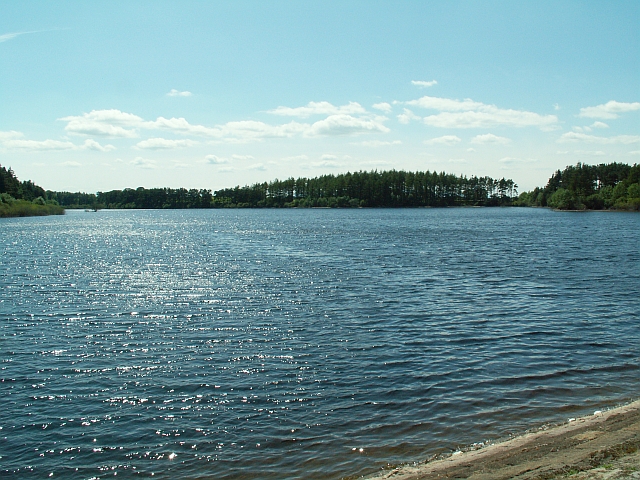By Matthew Greig, AFJ Klagsbrun Fellow
On Thursday Oct 18th Alliance
for Justice staff joined a group of enthusiastic people at the Rayburn House
Office Building celebrating the 40th anniversary of the passage of
the Clean Water Act. The celebration was
organized by the Clean Water Network.
One speaker, Rep. James Moran (D Va.), explained how President John F. Kennedy became a strong early supporter of
clean water. His commitment was
strengthened by personal experience: When he was a senator he fell into the
filthy Potomac River while fishing.
Today, the Potomac is a case study of the law’s success, to be featured
in a forthcoming documentary.
 Under the Clean Water Act, the
Environmental Protection Administration (EPA) has implemented pollution control
programs such as setting wastewater standards for industry. EPA also sets water
quality standards for all contaminants in surface waters.
Under the Clean Water Act, the
Environmental Protection Administration (EPA) has implemented pollution control
programs such as setting wastewater standards for industry. EPA also sets water
quality standards for all contaminants in surface waters.
While all of the speakers agreed that the
Clean Water Act has accomplished a lot in cleaning up our waterways, they also emphasized
that there is still more work to be done.
However, supporters need to remember that while great legislation starts
with the Congress and the President, maintaining great legislation depends on
our courts. There have been numerous notable
pieces of legislation passed over the last 40 years, all of which can easily be
rendered meaningless by the current big-business friendly Supreme Court.
Currently the Supreme Court is
scheduled to hear two consolidated cases concerning the Clean Water Act, Georgia-Pacific West v. Northwest
Environmental Defense Center and Decker
v. Northwest Environmental Defense Center.
In these cases, the Court will decide whether the federal government has
the power to use the Clean Water Act to effectively regulate water pollution
caused by the logging industry.
Since
the Clean Water Act requires any industrial operation that discharges waste
water to acquire a permit, the Court’s opinion in the cases could also
potentially weaken storm water discharge rules governing mining and
construction work. Because of these
cases and potential future cases, the
Clean Water Act may be less effective when the time comes to commemorate the 50th
anniversary.
Other Speakers at the 40th
anniversary celebration included Sandra Diaz of Appalachian Voices; Ken Kirk of
the National Association of Clean Water Agencies; Michele Merkel of Food &
Water Justice, Food & Water Watch; Anna Aurillo of Environment America;
Bill Lee of American Rivers; as well as a host of others.

No comments:
Post a Comment